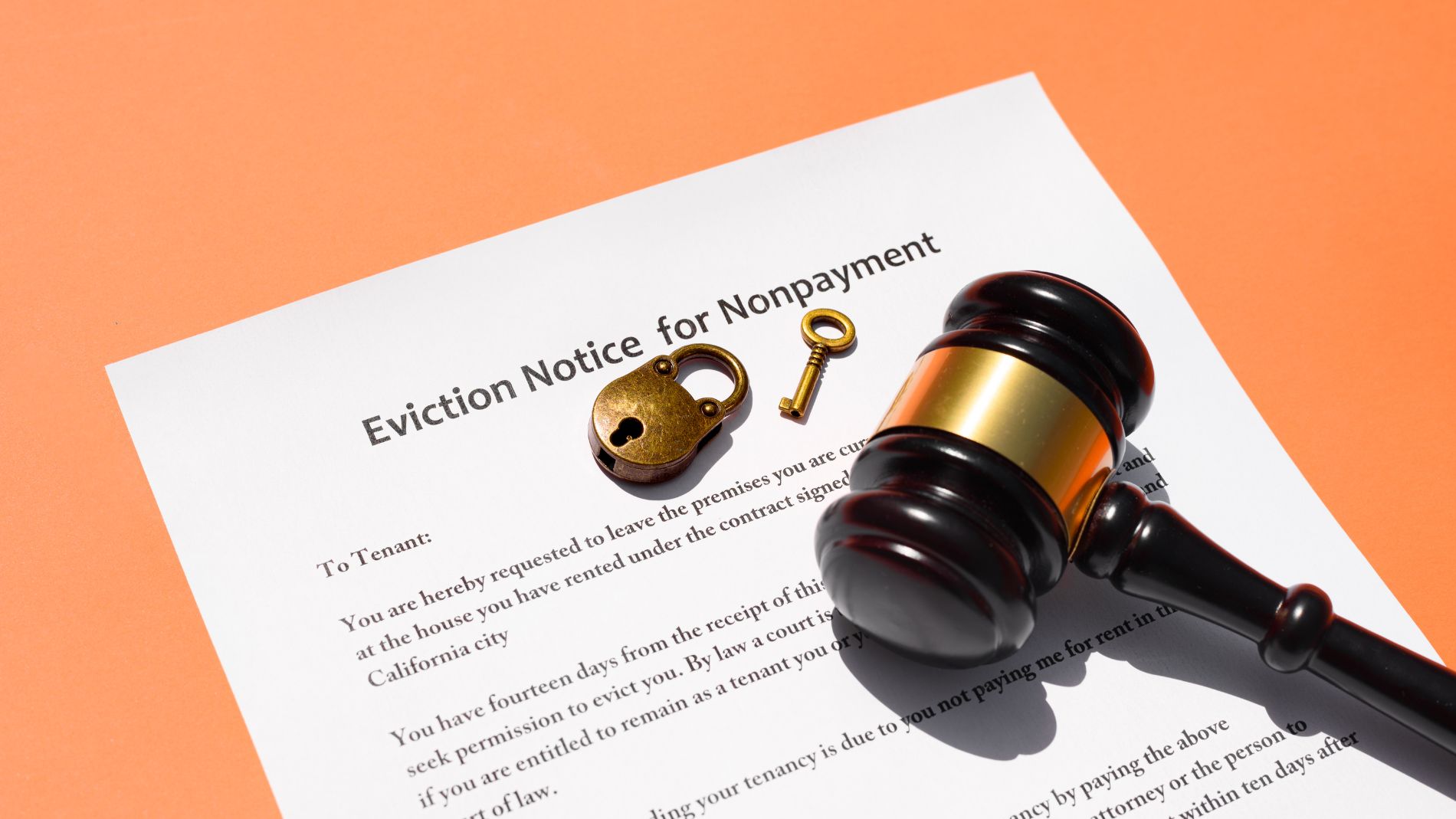As a landlord, it’s important to stay up to date when it comes to rules around renting, tenants’ rights and your legal duties. This year, the private rental sector is due to undergo huge upheaval with the introduction of the Renters’ Rights Bill, but what does that mean if you need to take back possession of your rental property now?
There are many reasons you might need to evict a tenant, and until the new government-backed Bill is officially passed, you still have time to act.
Once the Renters’ Rights Bill comes into effect however (possibly in the summer of 2025) the route to taking back your rental property becomes much more complicated.
Here at Brookings, we are a team of experienced sales and letting agents. Read on for our quick guide on how to evict tenants correctly and the proposed changes to rental rules.
Please note, once the Renters’ Rights Bill comes into force, this article will no longer reflect the correct way to evict tenants.
Section 21 Notice
Until the new Bill is given the official stamp, landlords can still serve a Section 21 eviction notices to tenants. Also known as ‘no fault’ eviction notices, these allow landlords to serve tenants with notice without giving a reason.
How to Correctly Serve a Section 21 Notice
In the first instance, a landlord must give two months’ notice for a tenancy to end outside a fixed term period.
This is done by filling out a Form 6A – which must be completed fully including the tenant’s correct name and address (and to each tenant named in the tenancy contract). Unless the tenancy period contains a break clause, the Form 6A is only valid if it’s issued with two months’ notice if it is a rolling tenancy and/or once the fixed period ends (if the form is served within a fixed-term tenancy).
Other steps to follow when issuing a Section 21 notice include:
– Tenants must have been provided with up-to-date copies of the Gas Safety Certificate, Energy Performance Certificate and How to Rent Checklist. These can be provided retrospectively if they were not provided or have been updated during the tenancy period.
– The tenants’ deposit must have been placed in a deposit protection scheme and the tenant must have been given the ‘prescribed information’ within 30 days of payment of the deposit.
– If the property is a House of Multiple Occupation (HMO) it must have a valid license.
– A Section 21 notice cannot be served if the local council has served an improvement notice or notice about emergency works within the last six months.
– A Section 21 notice cannot be served in retaliation for a tenant complaining about their housing conditions.
To ensure notice has been served correctly, a landlord should complete a certification of service form, known as an N215.
If tenants fail to move out on the specified date, then landlords must start possession proceedings within four months.
Notice can be served directly to the tenant, by delivering the notice to the property or by post.
Section 8 Notices
Section 8 notices can be served when there are specific reasons a landlord needs to evict a tenant. These include mandatory reasons such as rent arrears, if a landlord wants to occupy the property, anti-social behaviour, if a tenant has died or mortgage repossession.
Discretionary grounds for a Section 8 Notice include breach of tenancy terms, persistent delay in rent payments, some rent arrears, the condition of property and anti-social behaviour.
For more assistance around section 8 notices, speak to one of our team at Brookings.
Renters’ Rights Bill
This year, the private rental sector will see considerable changes that will impact the way landlords all over the country manage their tenancies. While it is unknown when exactly these new rules will come into effect, it is widely accepted they will be passed by Government.
To find out more, please give one of our team a call at Brookings on 020 8591 9088. We are experienced letting agents working with landlords across Essex and surrounding areas.












